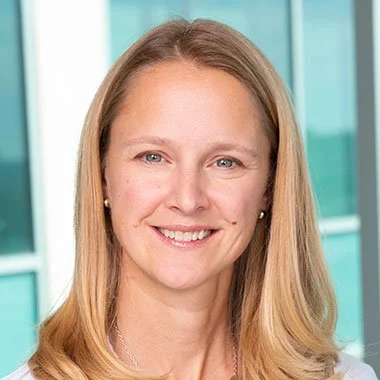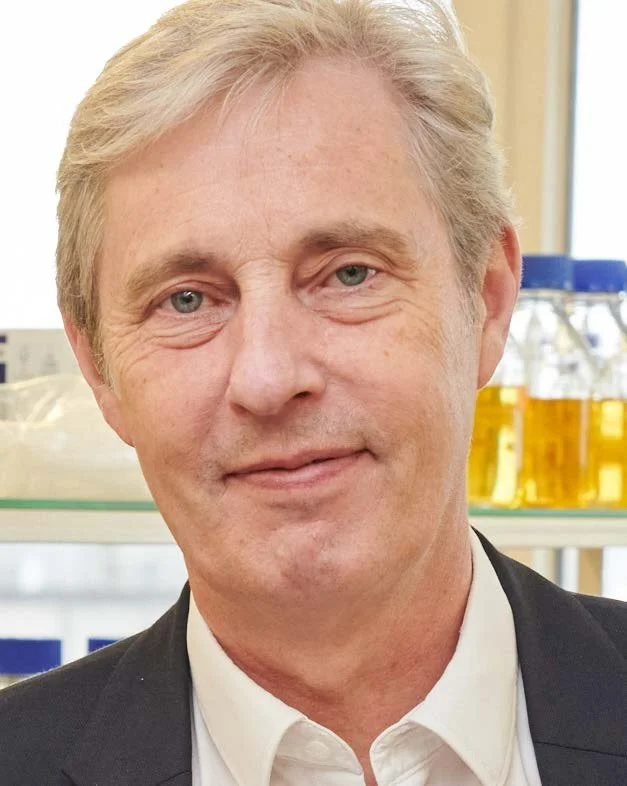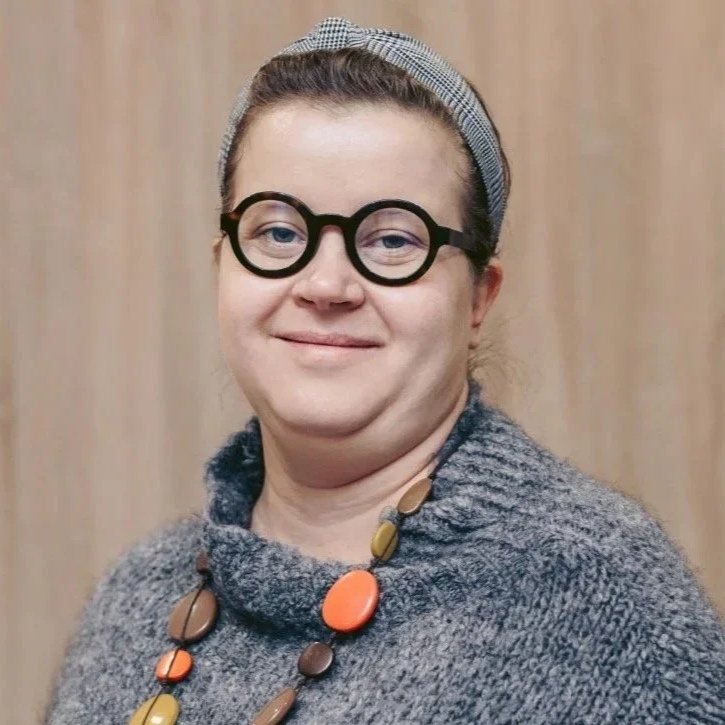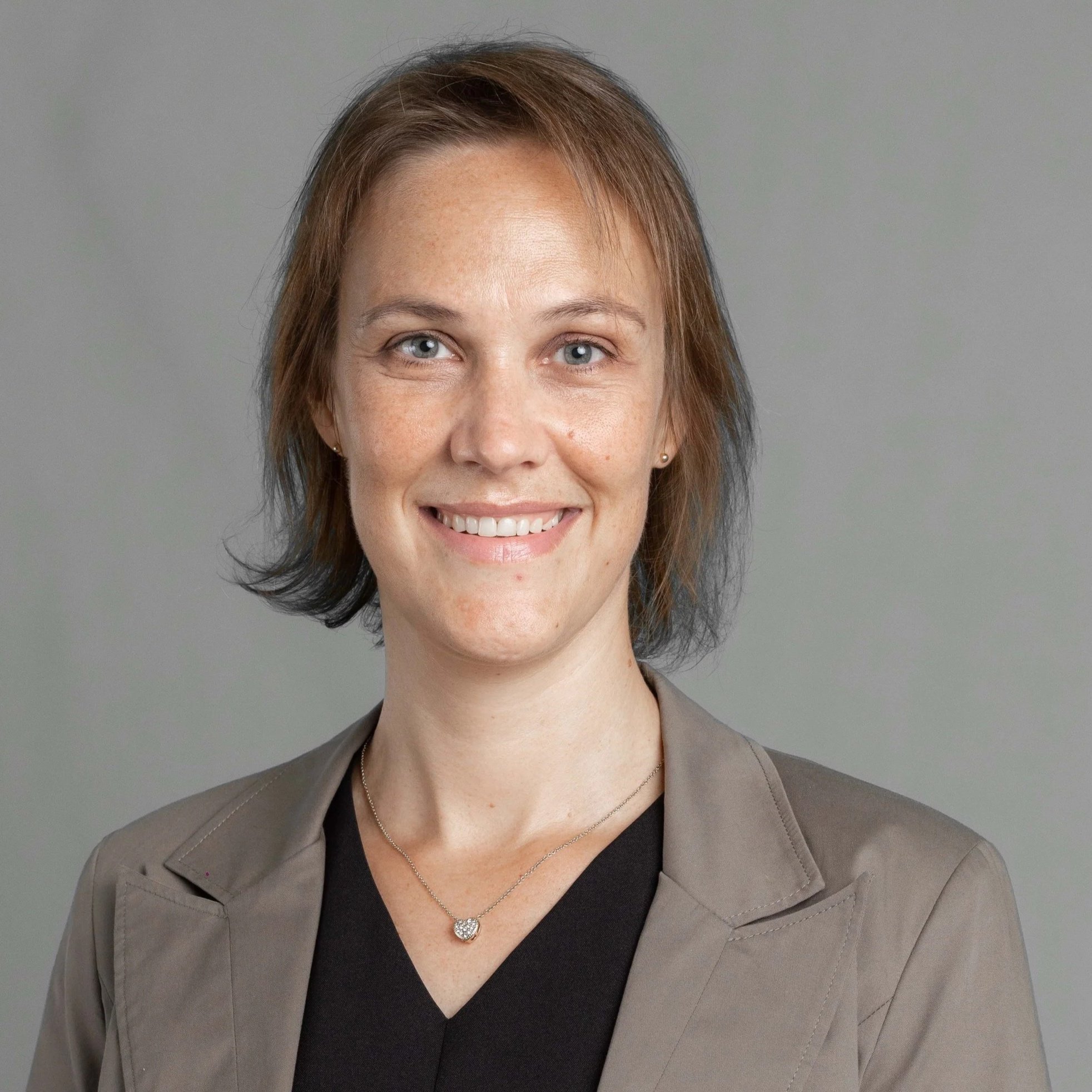Meet and connect with researchers worldwide interested in the connection between cancer and gametogenesis
-

Angelique Whitehurst PhD
Angelique Whitehurst is a Professor at UT-Southwestern Medical Center in Dallas. Her work is focused on understanding how individual CT-Antigens are engaged in the tumor cell regulatory environment. Her laboratory pioneered functional genomics to define essential genes and synthetic lethal interactions in cancer. Her laboratory is focused on identifying which CT-antigens are contributing to tumorigenic phenotypes. She used cell biological, biochemical and whole animal techniques to delineated the molecular mechanisms of CT-antigens in a variety of tumorigenic contexts. Her work as revealed essential functions of specific CT-antigens including ACRBP, COX6B2, HORMAD1, TSSK6, FATE1 and ZNF165 in cancer cells.
-

Cassian Yee MD
Cassian Yee is an oncologist, immunologist and Professor in Division of Cancer Medicine at MD Anderson Cancer Center. His lab pioneered a cell therapy modality known as Endogenous T Cell therapy that provided first clinical proof-of-concept of T cell memory, antigen-spreading and synergy with checkpoint inhibitors. He is founder of an AI startup and TCR-T cell therapy company for treating solid tumors globally, leveraging a MS-defined immunopeptidome. Immunogenic targeting of CT antigens has been a longstanding interest and continues to be a major research focus. His latest project is a NASA-funded initiative to take T cells to the International Space Station.
-

Charles De Smet PhD
Charles De Smet, a molecular biologist at the de Duve Institute (UCLouvain, Brussels), played a key role in the discovery of CG genes. His research elucidated how these normally germline-restricted genes become aberrantly activated in tumors through epigenetic deregulation, particularly DNA hypomethylation. His team identified key members of this gene family, characterized their expression patterns across cancers, and explored their potential as biomarkers of epigenetic reprogramming. More recent studies from his lab revealed that a subset of X-linked CG genes are expressed in a sex-specific manner during early embryogenesis, highlighting a connection between germline regulation, sexual dimorphism, and their reactivation in cancer.oes here
-

Geert Hamer PhD
Geert Hamer is an Associate Professor at Amsterdam UMC. His team investigates genome stability and germ cell development and, based on their transcriptome of human male germ cell types, has uncovered mechanisms of human meiotic arrest. Building on these insights, the laboratory investigates how normally germ cell-specific genes can contribute to cancer. His team also achieved to differentiate cultured mouse spermatogonial stem cells to make them undergo meiosis in vitro; a project that is continuing by using human induced pluripotent stem cells. Human in vitro gametogenesis may be used as a tool for comparative research in cancer and reproductive biology.
-

Anne Hamacher-Brady PhD
Anne Hamacher-Brady is an Assistant Professor at the Johns Hopkins University Bloomberg School of Public Health in Baltimore. Her work focuses on how cancer cells and pathogens exploit mitochondrial stress responses to evade apoptosis. Her laboratory has made key discoveries on how communication between mitochondria, the endoplasmic reticulum, and lysosomes coordinates programmed cell death and adaptive pathways such as mitophagy and metabolic remodeling. The group has defined the CT-antigen FATE1 as a regulator of mitochondrial dynamics and is currently investigating how this function connects with apoptosis resistance. Using advanced live-cell imaging, molecular genetics, and biochemical approaches, the lab investigates how organelle dynamics shape cell fate decisions and therapy response in cancer.
-

Matthew Sun MD
Matthew Sun is an Assistant Professor in the Department of Neurological Surgery at UT Southwestern. He specializes in the treatment of meningiomas, skull base tumors including pituitary tumors, gliomas, brain metastases and other brain tumors. His translational research laboratory studies meningioma immunology and develops immunotherapies for meningiomas and other brain tumors, with a focus on targeting cancer testis antigens, including NY-ESO-1.
-

Urszula McClurg PhD
Ula McClurg’s work centres on uncovering the molecular mechanisms that govern gene regulation and protein function, with a special emphasis on proteins traditionally defined in the context of meiotic chromosome biology. Her group investigates how meiotic synaptonemal complex proteins act beyond the synaptonemal complex in meiosis, development and cancer. In particular, the lab explores their “moonlighting” roles: how proteins typically restricted to meiosis become repurposed in mitotic and developmental settings, and what drives their aberrant activation in oncogenic processes. The McClurg Lab uses an integrative suite of cutting-edge genomic, proteomic and imaging approaches. Overall, the group aims not only to advance fundamental understanding of meiotic gene regulation, but also to define how mis-regulation of these genes/proteins contributes to development and disease, thereby uncovering potential biomarkers or therapeutic vulnerabilities in cancer.
-

Courtney Schroeder PhD
Courtney Schroeder is an Assistant Professor at UT Southwestern Medical Center in Dallas. Her lab discovered that many divergent cytoskeletal proteins have recurrently evolved in mammals and insects and play critical roles in sperm development. The lab combines biochemistry, genetics, cell biology, and evolutionary analyses to uncover how these testis-specific cytoskeletal proteins diverge in function from their “canonical” counterparts. Several of these cytoskeletal proteins are also misexpressed in cancer, and the lab is testing how they impact cancer cell biology.
-

Klementina Fon Tacer
Klementina Fon Tacer is an Assistant Professor at Texas Tech University School of Veterinary Medicine (TTU SVM) and the inaugural director of the Texas Center for Comparative Cancer Research (TC3R). Her research at St. Jude Children’s Research Hospital revealed that MAGE proteins enhance male fertility under stress. The overarching goal of her research now is to uncover novel stress-protective mechanisms that evolved in mammalian germ cells, determine how and why these processes are hijacked in cancer, and translate these insights to advance cancer treatment, fertility preservation, and conservation of endangered species. Through an interdisciplinary and comparative approach, she seeks to bridge veterinary and human medicine to improve the health and well-being of both animals and humans.
-

Farrah Kheradmand MD
Farrah Kheradmand, MD. is the Nancy Chang PhD Professor for the Biology of Inflammation Center at Baylor College of Medicine (BCM) and Staff Physician at the Micheal E DeBakey VA Medical Center in Houston, Texas. She co-directs the Lung Precision Oncology Program at the Houston VA, and co-leads the Tumor Biology program at the Dan L Duncan Comprehensive Cancer Center at BCM.
She received her undergraduate, MS, and MD degrees from George Washington University. She completed a fellowship in Pulmonary Medicine at the University of California San Francisco and Critical Care Medicine at Stanford. Her passion for pulmonary research became evident early in her career through securing multiple research support from the ALA, NIH, DoD, and VA merit awards. She has been elected to the American Society for Clinical Investigation, Association of American Physicians, and received the Micheal E DeBakey Innovation Research Award, and the 2021 ATS Recognition Award for Scientific Accomplishments. She has explored how allergens, environmental pollutants, e-cigarettes, and cigarette smoke can cause lung diseases in humans. Her lab has developed animal models to understand the pathophysiology of inhalation-induced alterations of innate and adaptive immunity in the lungs. Her work has shed new light on the autoimmune nature of human emphysema, and molecular mechanisms involved on the role of cancer testis antigen, MAGE-A4, in lung cancer development and progression. Her human translational and models of smoke-induced lung diseases have put her at the forefront of highly cited research scientists globally.
-

Julie Decock PhD
Julie Decock is a cancer biologist at the Qatar Biomedical Research Institute (QBRI, Qatar) and Joint Associate Professor at the Hamad Bin Khalifa University (HBKU, Qatar). Her research focuses on two main themes: (1) tumor target discovery and therapeutic applications, and (2) tumor immunology and immunotherapy, with a particular focus on cancer/testis antigens. Her team uncovered a novel role of LDHC in maintaining genomic integrity and modulating anti-tumor immune responses, positioning it as a prime therapeutic target in breast cancer. Currently, the group employs multi-omics and machine learning approaches to comprehensively map the CTA landscape across different molecular levels in breast cancer and pediatric cancer.
If you would like to be featured in this network, please send a picture, bio and link to your website to ctantigens@gmail.com